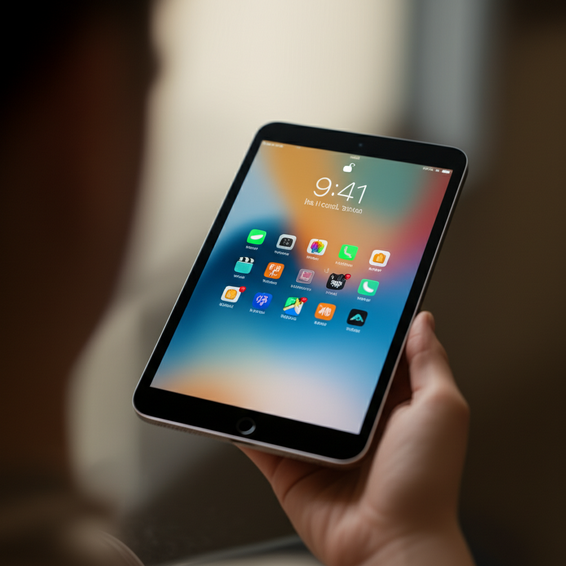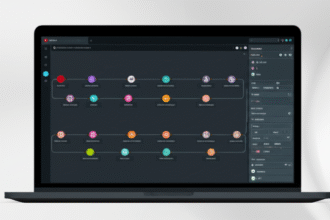Apple Inc. is known for its innovative spirit and dedication to enhancing the user experience through technology. From its inception, Apple has consistently pushed boundaries and set trends in the tech industry. This article delves into some of the monumental innovations introduced by Apple and how they are shaping the future of information technology.
Historical Innovations That Reshaped Technology
Apple’s journey began in a garage, but its vision was always grand. The Apple II, launched in 1977, was one of the first successful personal computers, making technology accessible to everyday consumers. Then, the introduction of the Macintosh in 1984 brought graphical user interfaces (GUIs) into the public eye, revolutionizing how users interacted with computers.
The Evolution of Mobile Technology with the iPhone
The launch of the iPhone in 2007 redefined the smartphone landscape forever. Combining a powerful computer in a handheld format, the iPhone revolutionized communication, entertainment, and personal computing. Its impact can be seen in how businesses operate and how consumers interact with technology.
Apple continues to innovate; its advancements in AI and machine learning enhance user experience and bring forth new applications. For example, the iPhone’s Siri virtual assistant and the recent introduction of the M1 chip demonstrate Apple’s commitment to blending hardware and software for improved performance.
The Role of Apple in Cloud Computing
Apple’s embrace of cloud computing, through iCloud, has changed how users store and access their data. iCloud provides seamless synchronization across devices, which enhances productivity and accessibility. The shift towards cloud services marks a significant trend in the industry, emphasizing scalability and efficiency in information technology.
For instance, businesses can leverage Apple’s cloud services for collaboration and remote work solutions, a necessity given the rise of telecommuting.
Apple’s Impact on Privacy and Security Standards
In an age where data privacy is paramount, Apple’s commitment to user privacy sets a industry benchmark. With features like app tracking transparency, Apple fosters a user-centric approach, prioritizing privacy while still allowing developers to innovate. This stance reinforces the importance of secure data handling in the modern tech landscape.
Future Innovations on the Horizon
Looking ahead, Apple is expected to continue its path of innovation. With projects in augmented reality (AR) and further integration of AI technologies, the company is poised to redefine user experiences again. The upcoming launch of Apple Glasses rumors indicate another potential shift in how we interact with technology.
Conclusion
Apple has continuously demonstrated its ability to innovate and set trends within the information technology sector. As we look forward to the future, it is clear that Apple will continue to play a significant role in shaping how we use and understand technology. For a deeper understanding of how tech companies influence the market, check out our post on Broadcom’s Impact on Digital Infrastructure.
Stay informed about the latest innovations in technology and their implications for the future by following our blog.








